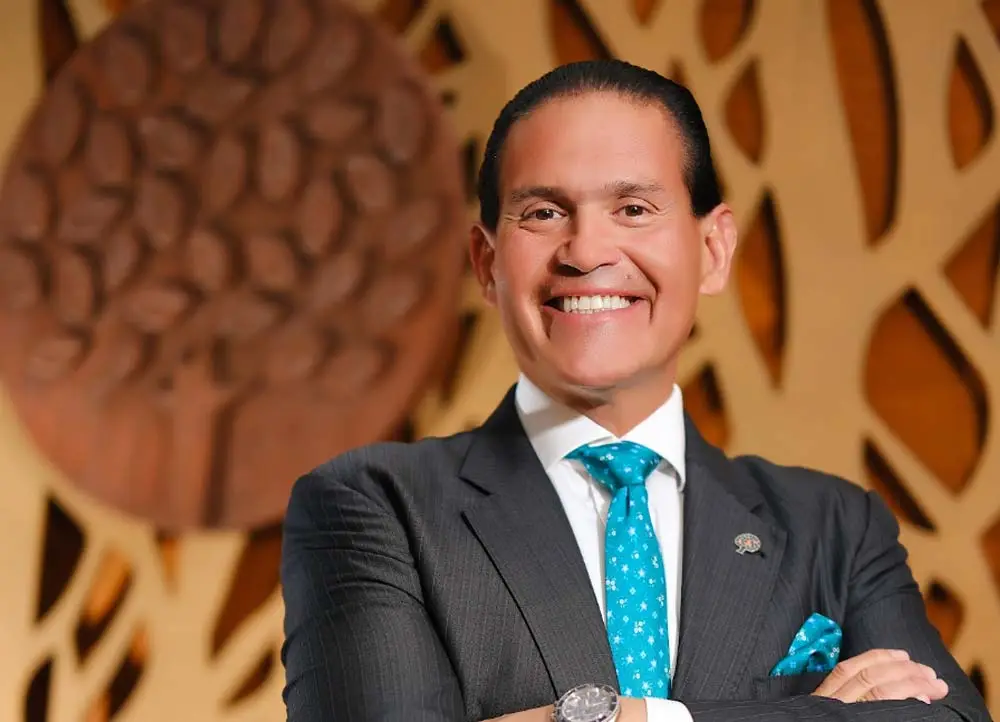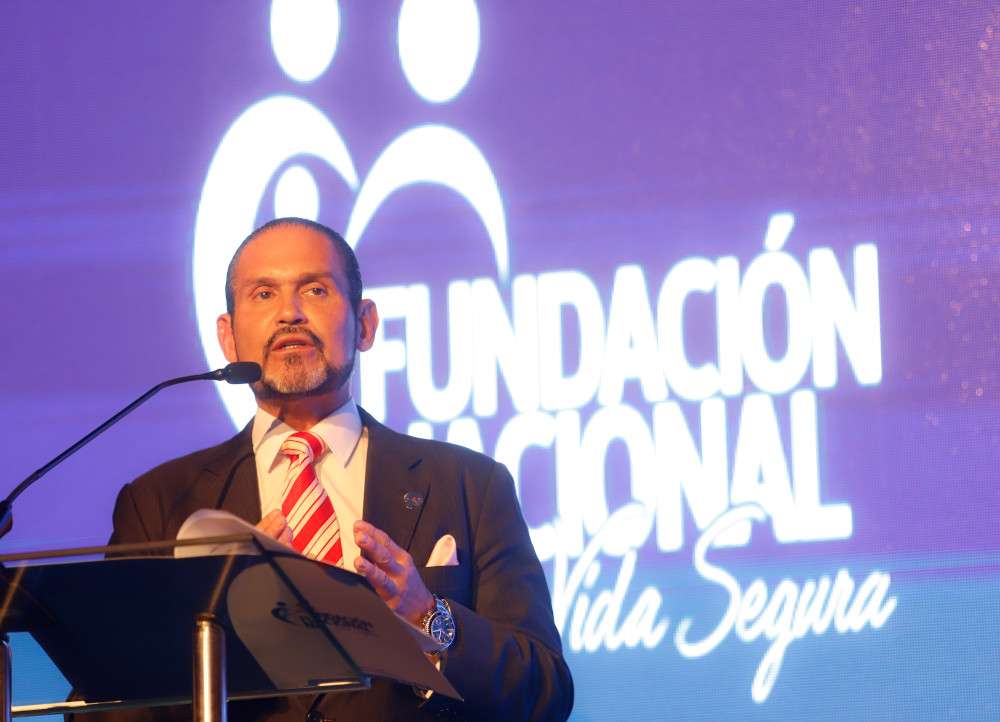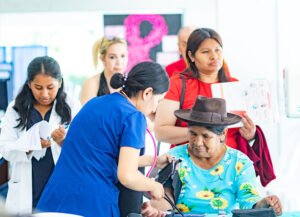The Foundation is a dream come true that will benefit the community.

18 October, 2024
Nacional Vida Segura Foundation aims to contribute to the quality of life and well-being of Bolivian families. José Luis Camacho Miserendino, president of Grupo Nacional de Inversiones Nacional Vida, discusses the pillars on which it is based, the audience it will benefit, its projects, and its projections.
Nacional Vida Segura Foundation was initiated by the Grupo Nacional de Inversiones Nacional Vida in 2019. The idea to form it arose after it became evident that financial assistance was periodically given within the business units to individuals, families, and even communities or certain ventures of people who lacked both money and training to develop them.
Thus, after conducting an analysis, the consolidation of aid and resources into a foundation was proposed. The focus would be on sports, education, culture, and health—pillars of the group’s social business unit—and its objective would be to contribute to the quality of life and well-being of Bolivian families. On August 3 of this year, it obtained its legal status.
Why were health, education, sports, and culture chosen as focuses?
These areas were selected based on the basic needs of the population. We are well aware that education is challenging in our country and that health is deficient; thus, sports promote well-being, and of course, culture is an integral part of it. These four pillars allow us to collaboratively support the entire population in a transversal manner.
Who will be the main beneficiaries of the Nacional Vida Segura Foundation?
The main beneficiaries of the Foundation will be children, youth, and adults. In other words, entire families from all age groups will receive support. However, the collaboration will be channeled through another institution or partner that allows us to pool resources and generate joint activities. As a policy, the Foundation has defined its approach to help individuals not on an individual basis, but rather in collective activities with other institutions for the benefit of the community.
We know you aim to project yourselves on an international scale; why is this important?
It’s important because the Foundation is not an isolated initiative, nor is what we are planning. We believe we need to be connected not only with Bolivia but also with the world, and this is because the Foundation must establish strategic alliances with foundations or institutions that share similar objectives in corporate social responsibility. This way, through knowledge and the development of technology or resources, we can collaborate together for our society.
Although the Nacional Vida Segura Foundation is just beginning, can you tell us about the most relevant projects previously developed as part of the group’s CSR policy?
The group has been developing activities with various institutions, but specifically, I can mention the alliance we formed with the Tahuichi Aguilera Academy: we have insured all their children against personal accidents. Additionally, not just due to the current situation but for a long time, we have provided life, accident, and health insurance to forest firefighters. We have also worked with the Mujeres de Miel, a foundation that promotes beekeeping in Bolivia, especially in the Chiquitania region, enabling women who had no activity, entrepreneurship, or family sustainability to now have a means of income. And we haven’t just provided the fish; we have also taught them how to fish: through an association, they have been able to produce honey to sell in local markets, and we are even exploring how to support them in boosting their international sales. We are very pleased because we haven’t just contributed to family well-being but also to gender equality, which is also part of our philosophy.
So, it’s like a natural evolution of what the group has already been doing…
Exactly, the Foundation is a natural evolution of what the group has been doing, and in the last five years, we have organized our efforts to maximize those resources. One wishes to contribute more, but the resources will never be sufficient because our country lacks many things, and the need is very great; but we have sought to contribute our little grain of sand, and the best way to do this as businesspeople is by organizing, planning, and executing with the resources we have available to be more efficient in delivering them.
How do you envision the Foundation in five years?
I envision it as an institution that generates a significant impact in the community. I see it as an institution that has forged strategic alliances with Bolivian and international institutions, thus becoming a network of contacts to collaborate not only economically but also in training, education, instruction, and development, as well as doing so with both technical skills and soft skills so that individuals can develop their projects.
What does the Nacional Vida Segura Foundation represent for you personally?
It is a dream I had to fulfill and, of course, a pending issue on my agenda. I believe that businesspeople must also develop a bond with society. The group has been seeking this for a long time; for example, with the Clínica de las Américas, we want to place pacemakers in children who do not have the resources, and we intend to do this with specialized doctors from Harvard University. We are part of the clinic, and we believe it is a great instrument for collaboration with the Bolivian population.
Why is it important for you to provide all this to Santa Cruz?
I believe it is a fundamental principle for every businessperson. I think that a businessperson should not only think about the economic aspect but also about the social development of their country or region. If there is no market, there is no business; and if there is no market, it means there are no consumers. Therefore, we must create the conditions for those consumers to be able to purchase our products and services, which entails collaborating with society for its development.


